
Two weeks ago I set a few goals; one was to work more on my shark page and reignite that passion again. The other was to try and be as plastic free as possible. As ecofeminists we have learned how connected all things are to each other. A. E. Kings states, “the tools of intersectionality to help illuminate the interconnectedness of race, class, gender, disability, sexuality, caste, religion, age and the effects which these can have (in their many and uniquely constituted forms) on the discrimination, oppression, and identity of women and the natural environment.” In attempting these goals, I wanted to discover a new part of myself that not only fought for the planet but also felt empowered as a woman as I worked towards achieving them.
Eliminating single-use products and plastics:
I am someone who enjoys wearing makeup. It’s not every day but when
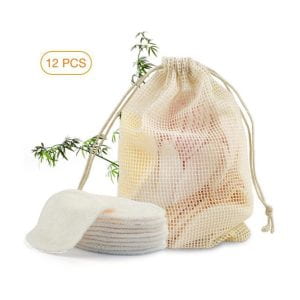 I do, it has to come off at some point, right? I was using single-use cotton pads to remove my makeup but hated how much waste I was creating. After a small amount of research, I discovered that there are reusable makeup pads and they’re made from a blend of bamboo and cotton. When I run out of them, all I have to do is throw them in with my clothes when I do laundry and problem solved! I’ve also switched to using coconut oil to remove my makeup. Buying bottles and containers of designated “makeup remover” feels a bit like a scam to me and they come in plastic containers that are single use. There are so many uses for coconut oil and I can repurpose or recycle the glass jar when it’s empty.
I do, it has to come off at some point, right? I was using single-use cotton pads to remove my makeup but hated how much waste I was creating. After a small amount of research, I discovered that there are reusable makeup pads and they’re made from a blend of bamboo and cotton. When I run out of them, all I have to do is throw them in with my clothes when I do laundry and problem solved! I’ve also switched to using coconut oil to remove my makeup. Buying bottles and containers of designated “makeup remover” feels a bit like a scam to me and they come in plastic containers that are single use. There are so many uses for coconut oil and I can repurpose or recycle the glass jar when it’s empty.
Another thing I wanted my family to start doing is stop buying plastic bottles. We have a fridge that produces filtered water and perfectly fine tap water from the sink. Over the past two weeks, we haven’t purchased any single use water bottles and have switched to using only refillable bottles or cups. I know it’s small and there’s only three of us but that’s now three people compared to just one. Slowly but surely we’ll switch over to either making our own laundry detergent or buying laundry detergent sheets that come in a biodegradable package. These are small wins, and it was hard at first but we’re spending less money and helping eliminate our plastic footprint.
Shark Activism:
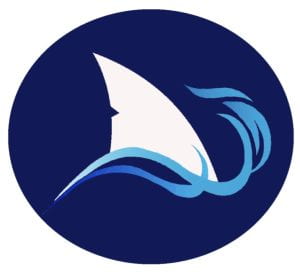
As far as my activism goes, I wasn’t able to fully dedicate the time to it that I wanted. I did make a new post on my Instagram page but I have not been able to continue working on my website to get it back up and running. I’m hoping that once the semester ends, I will be able to make the time for it. The site doesn’t just include information about sharks, but also information about our oceans in general.
Overall, I say I was able meet the goals I set for myself. I hope I will be able to continue them after the semester ends as this isn’t just an assignment for school. It’s something that I need to learn from and continue to apply in my life, not only to better myself but also my impact on the Earth.
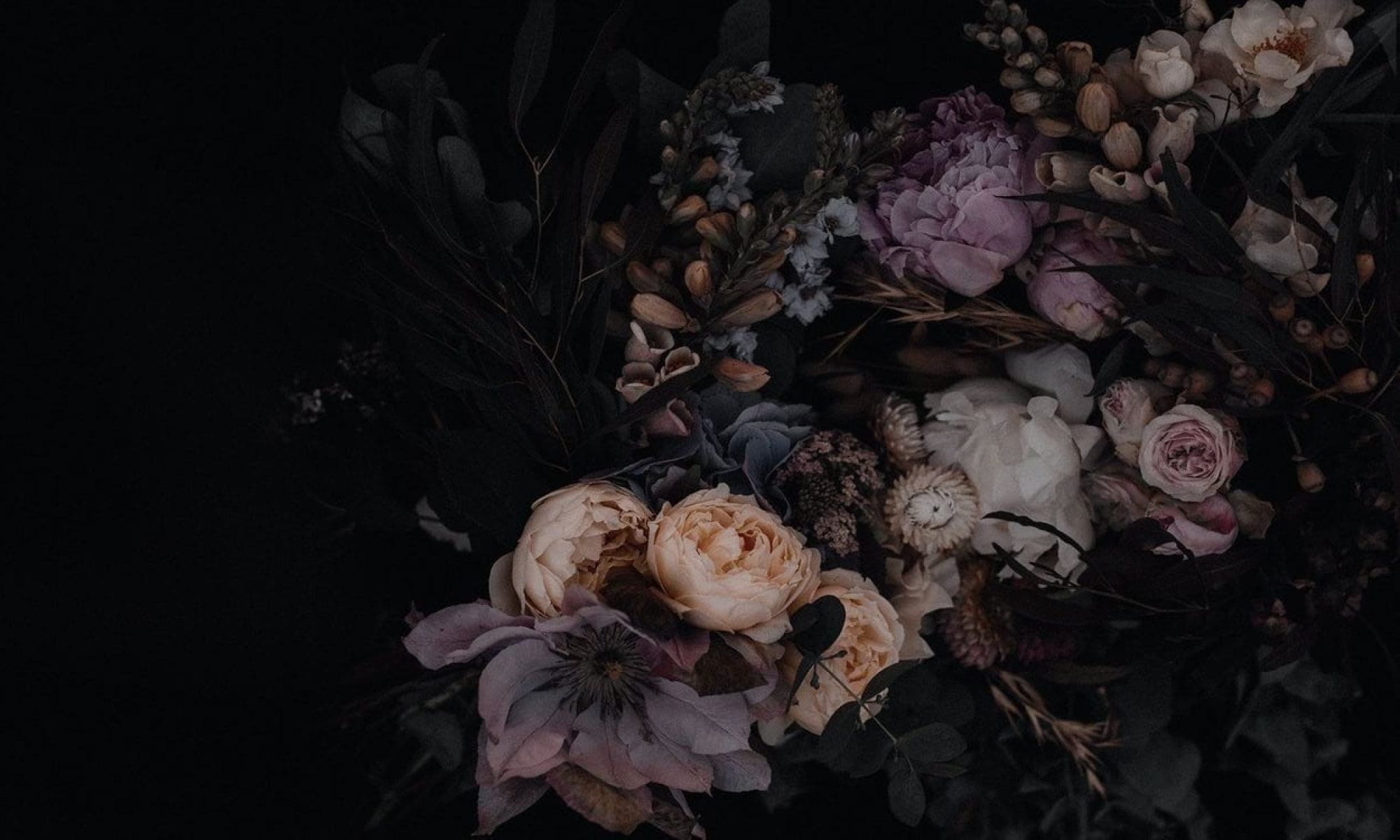
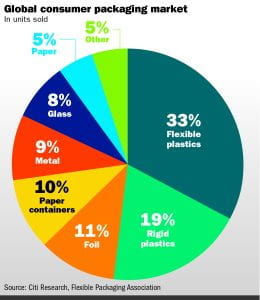
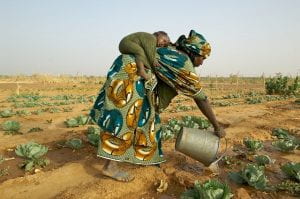
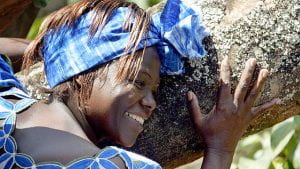 Maathai, “encourag[es] the farmers (70 percent of whom are women) to plant ‘Green Belts’ to stop soil erosion, provide shade, and create a source of lumber and firewood” (Maathai). She is an advocate for the environment, hoping to teach countries all over the world of the importance of our environment. If we take care of the land then the land will take care of us in return. She is also an advocate for women’s rights. Since the Green Belt movement began in 1977, over 15 million trees have been planted.
Maathai, “encourag[es] the farmers (70 percent of whom are women) to plant ‘Green Belts’ to stop soil erosion, provide shade, and create a source of lumber and firewood” (Maathai). She is an advocate for the environment, hoping to teach countries all over the world of the importance of our environment. If we take care of the land then the land will take care of us in return. She is also an advocate for women’s rights. Since the Green Belt movement began in 1977, over 15 million trees have been planted. Latin America faces similar environmental issues, as there is an overabundance of pollution. These communities rely on the rivers as a clean source of water, but they have only met devastation. They are unable to grow food, use the water, and children are getting sick. The lack of care for this environment confirms how the women are treated in these communities.
Latin America faces similar environmental issues, as there is an overabundance of pollution. These communities rely on the rivers as a clean source of water, but they have only met devastation. They are unable to grow food, use the water, and children are getting sick. The lack of care for this environment confirms how the women are treated in these communities.